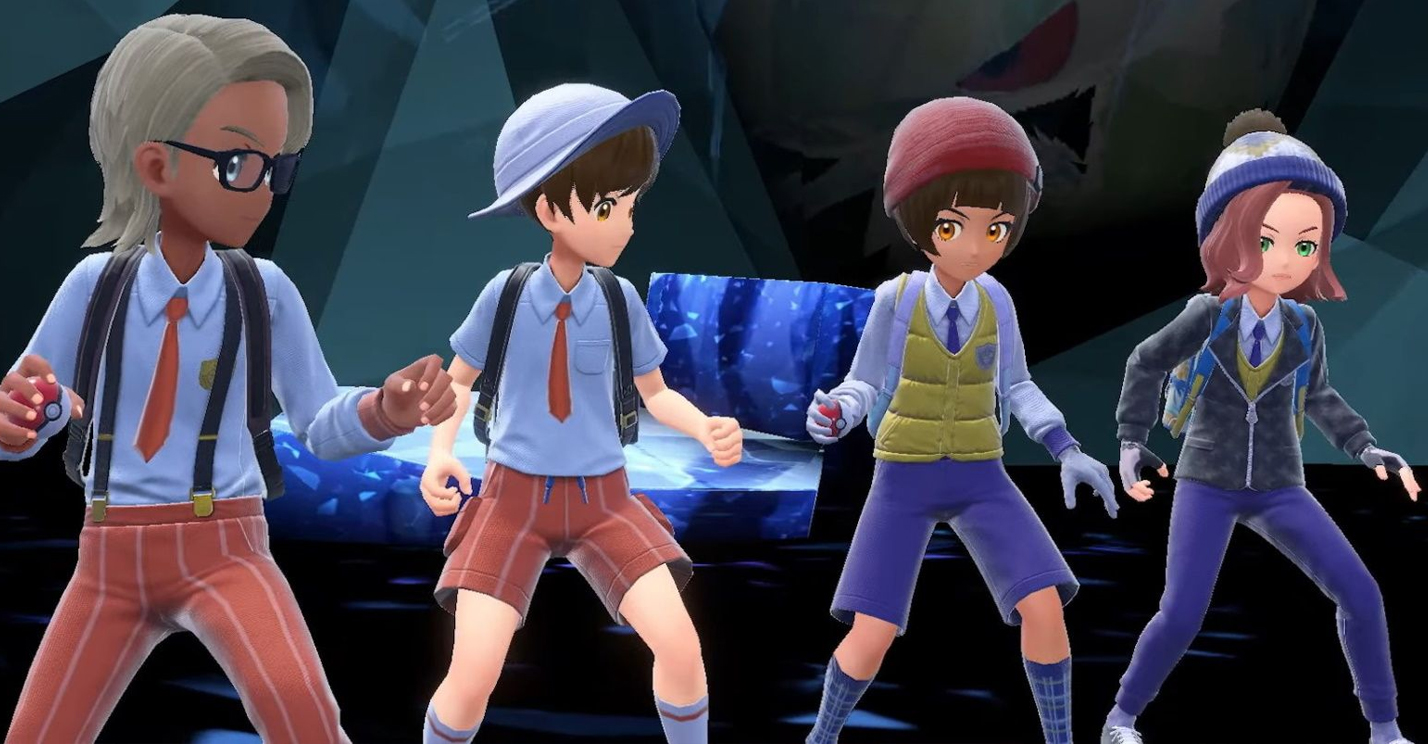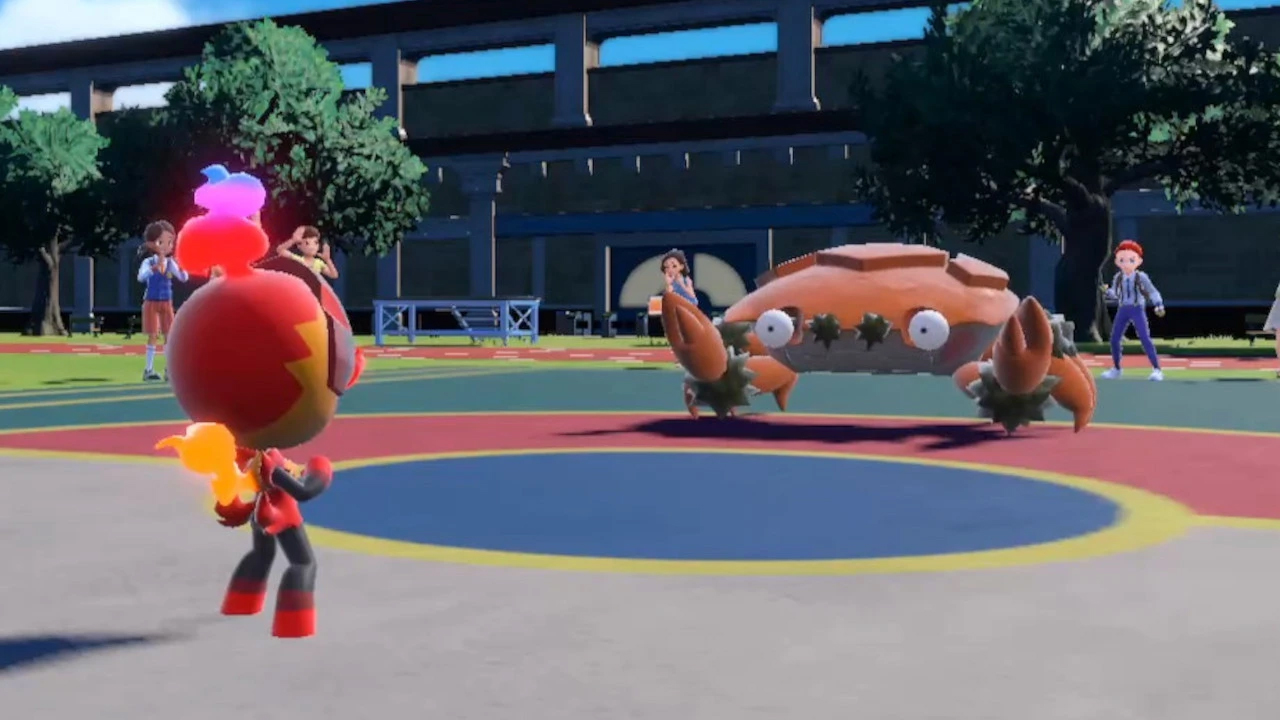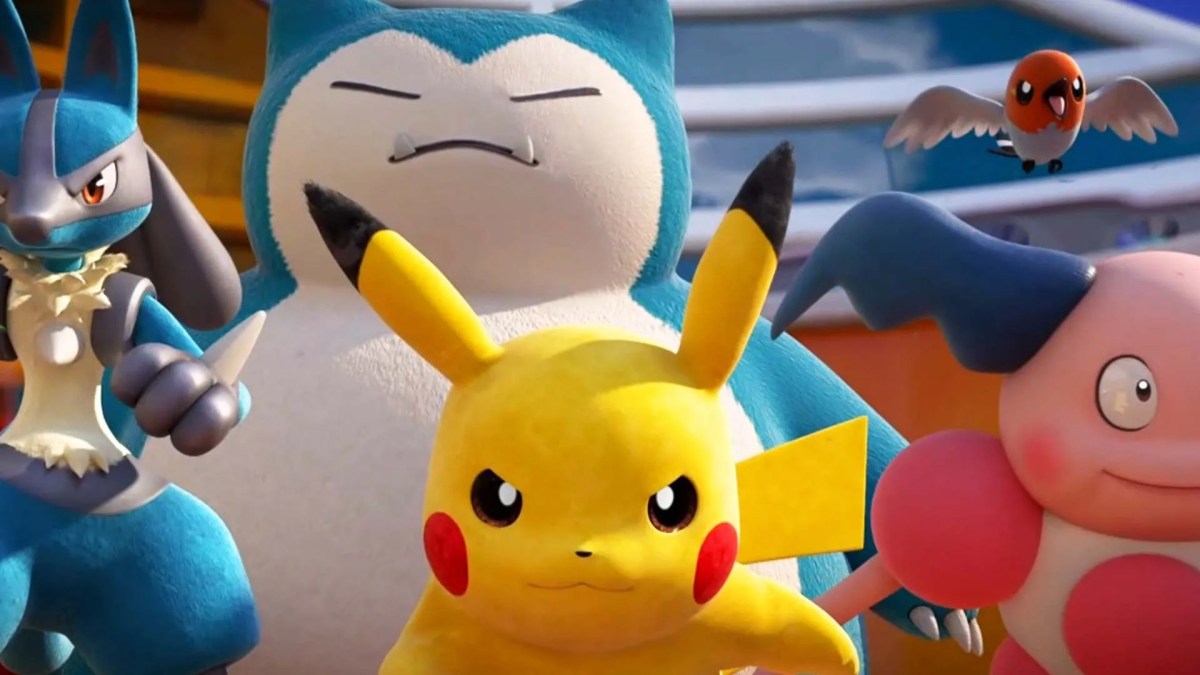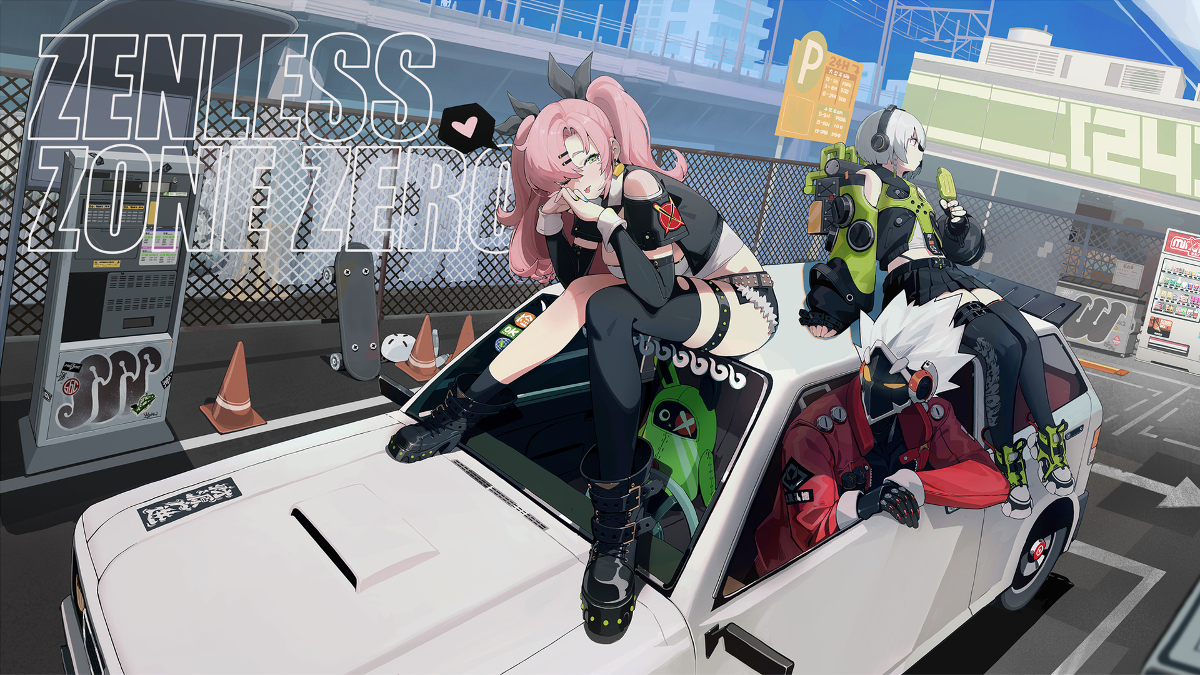Counter-Strike: Global Offensive. Dota 2. Call of Duty. Fortnite. League of Legends — these games dominate the esports scene with both viewership and prize pools huge enough to make you question whether you should’ve practiced your one-tap kills with the Desert Eagle instead of going to college. But despite being part of one of the highest-selling video game franchises on the planet, the official competitive format of Pokémon doesn’t fit in with these esports juggernauts of sweaty palms and pop-offs.
Obliquely called the Video Game Championship (VGC for short), the competitive Pokémon format deserves more recognition as a seriously deep esport that requires significant dedication to master. Unlike most Pokémon trainer battles against NPCs, VGC matches consist solely of double battles. Trainers choose four of their six Pokémon to bring into battle each match. Tournament matches are best-of-three (outside of Japan, anyway), which means choosing a different combination of Pokémon per match becomes a necessary strategy. The Pokémon Company International puts on these tournaments that take place all over the globe with Regional, National, and World Championships. 2022’s World Championship took place in London and was by far the biggest yet, and 2023’s will take place in Yokohama, Japan.
So why do Pikachu and friends get less recognition than their esport contemporaries? Money, or lack thereof. The Pokémon Company International also runs trading card game tournaments and (as of 2022) Pokémon GO, and the company pays poorly in all cases.
Take, for example, Eduardo Cunha. He won this summer’s World Championship in London, taking home the top prize of $10,000. Compare that to the team DRX, which won the 2022 World Championship for Riot Games’ League of Legends and took home $489,500 – 22% of the total prize pool. Yes, Riot Games pays out to five players, yet still — playing Pokémon professionally isn’t a career option unless you hit it big streaming. This isn’t new for Nintendo franchises, as pro Super Smash Bros. players also receive lackluster support.

Less money, less dedicated players, smaller scene. VGC’s high barrier to entry doesn’t help things, either. It can take dozens of hours to properly build a team, breeding for perfect IVs and training for specific EV spreads. This isn’t a game where you can choose a character you like and learn the basics against similarly low-ranked opponents. Throwing together a team of your favorite Pokémon without the proper training and consideration for the meta will result in a thorough beating akin to a Rattata taking on Mewtwo even in the lowest tiers of online ranked play.
Regardless of these barriers, Pokémon VGC boasts an ever-expanding roster of fierce competitors and nuanced gameplay. VGC plays more like a card game and less like an intense, action-per-minute-heavy MOBA or reactionary FPS. Yes, certain Pokémon will dominate any given meta. Pokémon Sword’s box legendary Zacian, for example, ruled last generation with its ability Intrepid Sword and amazing Fairy/Steel typing. (It received a super effective nerf in Pokémon Scarlet and Violet for the audacity, too). But as each Pokémon has move pools to choose from, different abilities, and customizable stats, even metas centralized around a few Pokémon have a significant amount of difference. One Zacian, for example, might run the Fairy-type move Play Rough, while another might have Substitute — a small but significant difference that affects the outcome of matches.
While one extra point in speed may decide an entire match, what’s more important is a player’s reads on their opponent, much like in a game of poker. With two Pokémon on the field at a time, the possible scenarios multiply tenfold: Which four Pokémon will my opponent bring, and how do they interact on the field together? Which two Pokémon will they lead with? In battle, will they attack, use Protect, Mega Evolve / use a Z-Move / Dynamax / Terastallize, switch out, or use a utility move like Helping Hand or Tailwind? How do you respond to each of these scenarios, and which is the most likely?

In best-of-three Pokémon tournament matches, pros will even refrain from using moves to keep their opponent unaware until a later match. This all accumulates into an intense game of bluffs, calls, and slim chances that deserves a much larger audience and community.
And the only way to grow the community is to bring in new players, because — and I don’t think this assumption is a stretch — The Pokémon Company International isn’t about to offer a Riot or Epic Games level of prize pools. We need fresh Pokéblood. With the recent release of Pokémon Scarlet and Violet and ranked seasons likely to pick up steam like a Colossal hit with an Aqua Jet, there’s no better time than now to jump in, whether you’re new to the series or began way back on the original Game Boy.
Sure, getting into competitive Pokémon can be quite daunting, but there’s an ever-growing support network available. From friendly online communities like Reddit’s r/VGC to highly recommended and informative content creators like Aaron “Cybertron” Zheng, there are plenty of options to help you get going. And if all that stuff about Pokémon stats and breeding sounds like too much effort, professional players often share teams that you can borrow along with write-ups on how to pilot them. VGC website Victory Road will also share codes for some of the best teams from the most innovative team builders for Pokémon Scarlet and Violet, and that’ll be my first Pokéstop when the competitive scene gets going. With all these resources, entering online tournaments and local Regional Championships in the future doesn’t seem like a stretch.
Just don’t expect competitive Pokémon to pay your electric bill.





